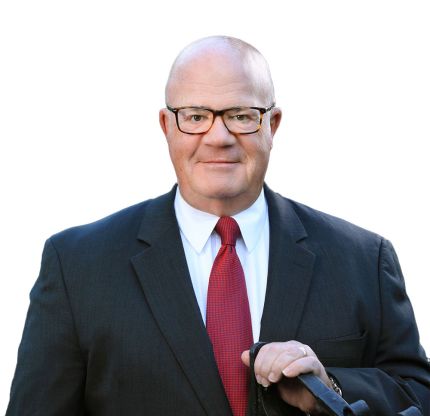

Business Partners: The Rainmaker & The Operator
Partnerships, by their very nature, are problematic. They are worse when there is not a clear vision of role differentiation that is understood by all and mutually respected.
This role differentiation is key to smooth and successful partnerships. When differentiation is not present roles tend to overlap and conflict. Competition among partners develops and eventually friction and misunderstandings occur.
Probably the worst I ever saw was two unmarried brothers who owned a business equally. They lived in the same house but years ago their relationship had deteriorated to the point that they had bricked up the middle of the house (formerly their parent’s) and each lived on their own side. Every day (and this is true) they left the house at the same time got in their respective cars and drove to the business, got out of their cars and went to their offices on opposite sides of the building. As far as anyone knew they hadn’t spoken in at least ten years to each other.
Parents will sometimes tell me they want me to help them transfer the business to two siblings equally. My response. “I will be glad to do that if you can tell me how they will break the tie.” Sometimes they protest that they always agree to which I give them my most incredulous facial expression. But most of the time they will get what I am talking about and we can figure out a solution.
Not infrequently, partners will “fall into” roles that actually suit them. What they fail to do is make it official. My favorite and, seemingly, the most functional are the rainmaker and the operator. It’s not that both can’t function in either role. Rather, one is more comfortable and effective in one over the other. Personally, I am more comfortable in an operator role. Maybe that’s why I like this model.
Rainmakers focus much of their energy on the external needs of the business. Obviously, customer and community relations are part of that. They are typically active in community organizations and spend time developing business. But rainmakers also tend to be more future-oriented. They like to keep moving forward. While change is not always a passion of theirs, they do seem to be more aware that they can’t stand still.
Operators tend to focus more on the internal needs of the business. They spend their time thinking about daily needs like schedules, personnel, costs profitability. Again, it is not that they can’t be a rainmaker and they often are. Rather they are more comfortable and effective with the daily issues of running a business.
The problem comes when one partner or the staff or one of the owner’s spouses (or both) see one as more important than the other. The best functioning of these teams knows they need each other. The operator enables the rainmaker to make rain and the rainmaker gives the operator something to operate. They enable each other to be the most effective for the good of the company. Can you say R-E-S-P-E-C-T?
A true rainmaker without an able operator ends up with a mess. An operator without a rainmaker ends up in a rut and, sometimes, a failing business.
So, if this is your situation maybe this is a start: Take each other to lunch and say:
“I don’t always know what the heck you are doing and sometimes I think you are jerk. But I appreciate that you do what you do and make us better. thanks.”
By the way there are effective ways to solve the standoff when equal partners disagree.
Our Blogging Expert

Business Consultant / Owner
Popular Articles
